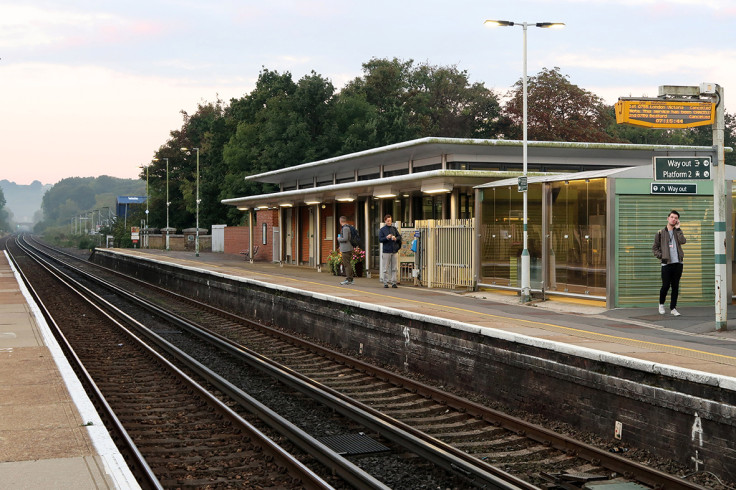Could we renationalise our railways?
Hybrid public ownership could improve public services while fostering economic democracy.
Privatisation, when introduced to the railways in 1996, was intended to bring new private investment, and expertise, reduce costs and make the sector more efficient. Rather than providing new capital, privatisation has created opportunities for private companies to extract value from public services. While subsidies to private companies has increased, investment in new rolling stock has actually fallen, and is currently 60% less than the five-year period prior to rail privatisation.
Another irony of rail privatisation is the way that, over time, other European state owned rail companies have become the principle franchisees on the passenger rail system; 20 out of 27 private rail contracts are owned by French, Dutch or German state rail operators. At the same time, under the original legislation, it is illegal for British publicly owned companies to bid for franchises.
The people most aware of privatisation's deficiencies – the public – have long backed renationalisation as a policy. Polls regularly show that over 60% of voters support renationalisation. Old forms of nationalisation were at the same time far from perfect, the old British Rail was run as a centralised state entity, far removed from passengers and workers and largely unresponsive to needs on the ground – so that people did not have a close affinity with it.
Nevertheless, like many public utilities, rail is a natural monopoly, a fact that increasingly elaborate and bureaucratic franchise arrangements cannot disguise. It would be far better and more efficient to bring it back into some form of public ownership, which is required to create the modernised infrastructure for the 21st Century.
Advocates of rail renationalisation tend to be attacked for wanting to return to failed models of the past. That aside, the greater operational efficiencies of nationalisation versus privatisation – a recent forensic report, by the CRESC group at Manchester University, found that in the early 1980s, the British rail network was "delivering exemplary operating efficiency" compared to its European counterparts – this view is itself anachronistic.

Outside the UK, public ownership in a diverse range of forms has been making a comeback in sectors such as electricity and water. Indeed, the UK seems to be seriously behind the curve in its fixation with private management. One interesting development involved forms of hybrid public ownership that attempt to improve public services while also trying to foster greater public participation and economic democracy.
Two examples are the Middelgrunden offshore wind farm off the coast of Copenhagen – originally set us as 50/50 ownership split between the city council and specially created residents cooperative – and the Argentinian water and sanitation utility Aguas Bonaerense, which (following a failed privatisation attempt) established a cooperative with shares held by the local authority and the water and sanitation trade union.
One of the few upsides of Brexit would be the opportunity to bring rolling stock and track back under a single ownership
Rather than the current adversarial employment-relations system on the railways, a form of public ownership could be constructed that better harnesses both workers' knowledge and passenger experience to the common good. Conflicts between workers, managers and passengers will never completely go away, but better forms of ownership that allow the different interest groups to be represented would help to build consensus-based and richer knowledge-driven decision making.
One of the few upsides of Brexit would be the opportunity to bring rolling stock and track back under a single ownership, but this could be done in a range of ways that gives ownership stakes to users, workers and the state.
From an organisational point of view, a single national network would be advisable for inter-city and trans-metropolitan routes, but other regional, metropolitan and commuter services could be part owned by local government, devolving some real power back to cities and regions.
Rather than passengers feeling exploited and alienated by fair rises and poor services, an ownership stake and the right governance vehicle could give them more power and control over the services they use.
Andrew Cumbers is Professor of Regional Political Economy at the Adam Smith Business School, University of Glasgow
© Copyright IBTimes 2025. All rights reserved.






















